
We're back with Part 2 of my interview with Ambitious Games, where we continue to talk about their third-person MOBA shooter REVN: covering community goals, development challenges, and what future features might be coming to the game.
If you haven't read it yet, do check out Part 1.
Softmints: A lot of very consistent work went into this, and it’s really interesting to hear that the game development section on Twitch is where that first community presence started to be built.
Silas: Twitch lends itself to consistency. People want to watch at specific times on specific days every week. I put together a schedule and had streaming and development on these days, and once we released closed alpha the Wednesday stream became a playtest stream. I think that was great for us.
Another thing about cycle-based patches was you have to finish things. You cannot be working on a new feature and not finish it before Monday, or it goes into the game unfinished. There are some things, a few rare mechanics that took more than one week to go from nothing to playable.
In those times, we would branch our code in our Perforce server, our source control, but we've only done that two or three times in the last five years. Otherwise we're always working in mainline. It saves us hours and hours of time doing merge reviews and comparing files.
It forces everyone to finish everything in a week. If you want to add a chat window, it's got to be up and working in a week and can't crash the game. If it crashes the game, we don't ship the patch on Monday, we ship the patch on Tuesday. That sort of flexibility in when we ship and holding our developers accountable has led to incredible results.
Art of course is something that happens outside of that. A character concept or model takes longer than a week and if it's not finished it doesn't go into the game so it doesn't affect players.
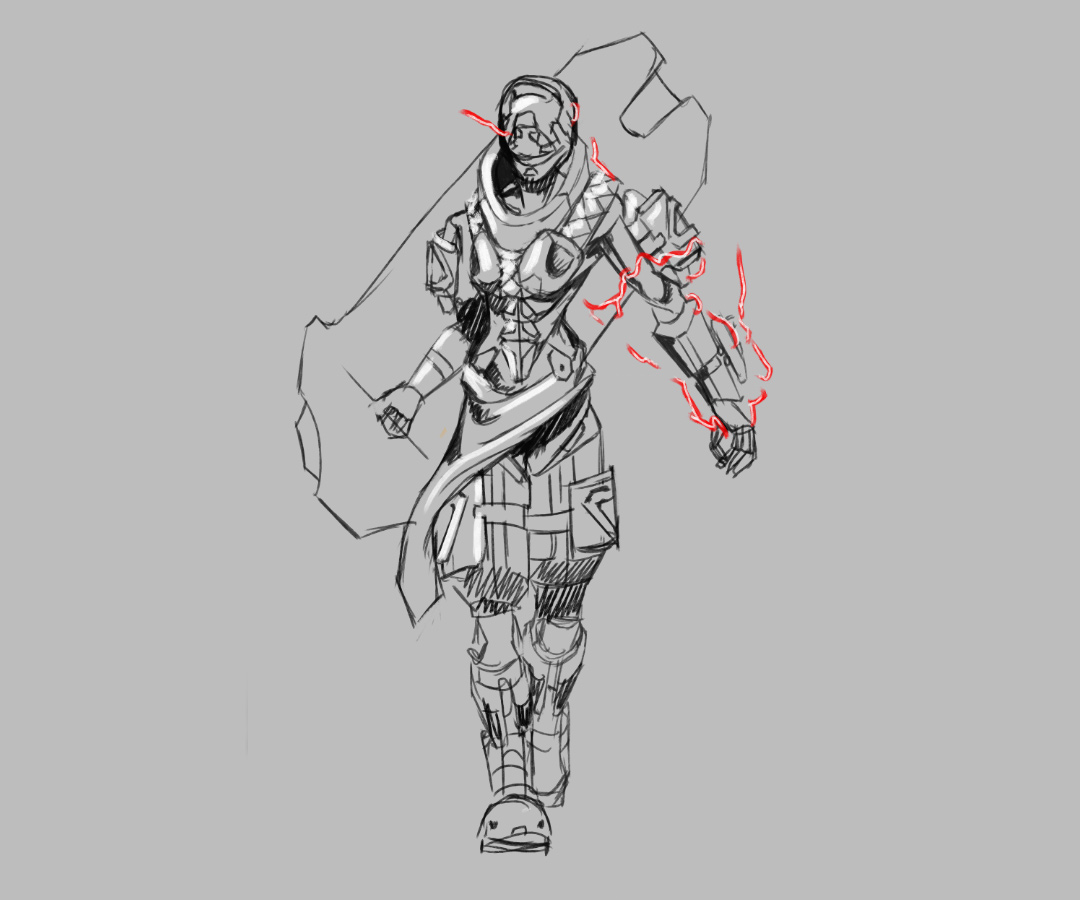
I don't recommend this for everyone; I don't think every game can do patches the way we do it. Working in mainline is a bad idea if you're a huge company. We're a small team of seven people, if you have 70 or 100 or 200 employees you need to do branches and can only ship a patch every two weeks, and even that would be kind of fast.
That's one of our strengths as a small team, we can all get together on a discord call and say, "all right, is everything ready to go?" There's five people I need to check with before I ship an update.
What are your objectives for the REVN community? Is there anything in particular that you're seeking to accomplish?
Silas: At this point, we are really ramping up and polishing everything towards an open beta. We've been in closed alpha for two and a half years.
The next stage is an open beta / early access release on Steam, where anyone can just go look up the game, download it, and play it 24–7.
Right now, if you want to play the game, you go to our website and register for a key, and once you're approved we email the key to you.
We highly recommend that you join our Discord server so you can tell us your feedback, give us bugs and find people to play with. We only turn on the servers on Wednesday evenings for those community playtests.
Everything we're doing right now is oriented towards that goal. We are working on our back-end account services so the players can find friends and use a friends list so that they can do matchmaking with their friends.
We are polishing up a lot of the art so that we can create a trailer that really showcases the game in its current state. The trailer that you may have found looking through our website or our YouTube channel is from over a year and a half ago.
That is a trailer that shows tons of old content in terms of art. I don't think anything that's in that trailer is currently in the game anymore.
It's over 50 patches ago!
Silas: Yeah, it really is. The only thing that might still be in the game would be the model for the minions. And that's only because we haven't shipped the new minion model that we've made.
In terms of visuals, it is a completely new game now.
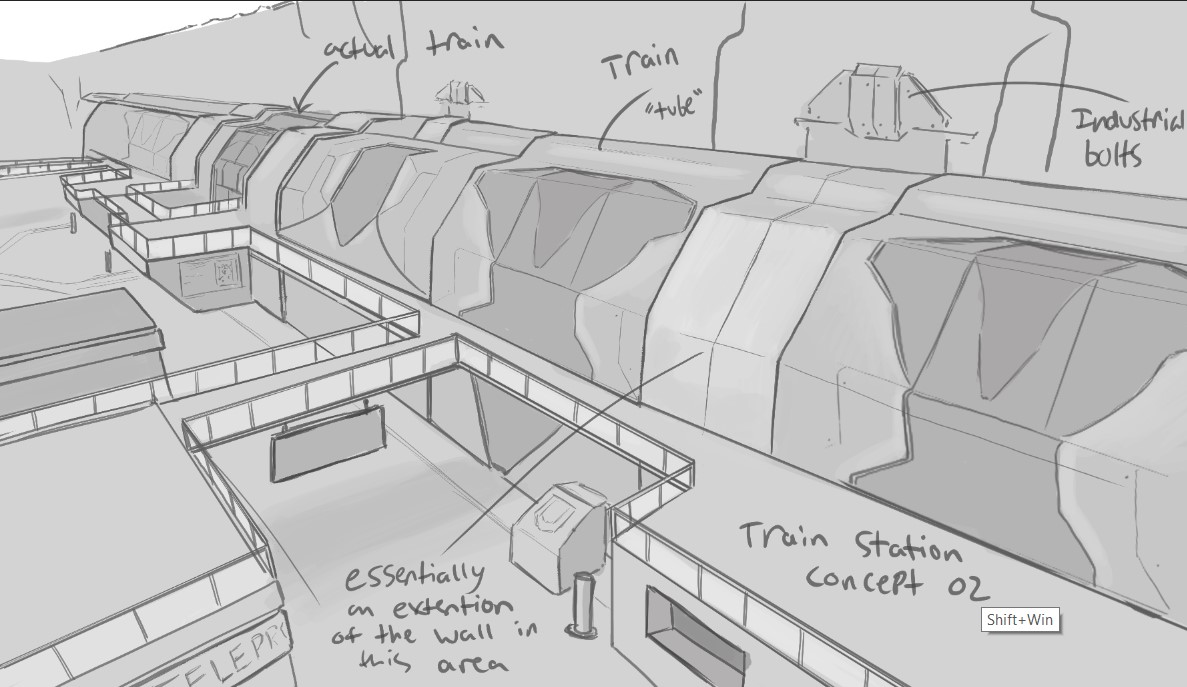
We've been joined by Allister, the Community Manager at Ambitious Games.
Allister, could you tell us some more about the team's goals for the REVN community?
Allister: With early access, we don't have a huge community goal of becoming a super-community or having just tons of concurrent users or anything. It'd be awesome if we did, but that's just kind-of unrealistic for us with our team size and how much we can put into the project.
Really what we're hoping to see on our early access release is a small group of dedicated users who are willing to work with us to continue to develop the game, and give us a feedback loop for our development cycle over the next six months, year, or a long time.
We're hoping that the core community will be able to help us in the long term, and stick around and make REVN their main MOBA. I think it's gonna be really important for us that we're listening to our community, and that they're helping us to make the game as best we can.
That's not to say that we're against having a lot of users, because we're definitely not!
Silas: One thing I want to emphasize from what Allister said, is allowing players in the community to make REVN one of their core games that they play.
Right now, it is impossible for a player to main REVN as a streamer or as a gamer. It cannot, in its current state, serve as a game where you come home every day from work and you login and play a match or two. That's not possible right now, because the servers aren't online. You can't build a network within the game without a friends list and things like that.
So I think that's really our next step, going from a game that you can play once a week at a very specific time to becoming a game that is your main game, or one of your main games that you enjoy and play on a weekly or daily basis.
What are the main challenges you have faced during development?
Silas: In more recent memory, dedicated servers were a huge challenge to build. I think it took us maybe six months to put those together?
We did some crowdfunding at the beginning of 2020, around April through June. We raised enough from that, that we were able to start bringing some developers into full time or part time paid positions over the summer. Then we were able to start raising some more money from some investors in the fall of 2020.
Of course, for me as one of the co-founders of the company, that's always a big challenge: always trying to find enough funding to keep growing the team. We are always looking for people to partner with, to launch the game, to grow the team and all that.
But once we got that initial start with funding, our main objective was the need to build dedicated servers.
I can say that from playing on the peer-to-peer MOBA servers that we were running for the first year and a half: those were not fun matches. Ping was super inconsistent. The difference was night and day once we had dedicated servers.
And that was our main goal with doing the crowdfunding: to get enough funding that we could pay for dedicated servers, and that we could pay the team to build those dedicated servers.
That took six months. There's so many little things that held us back.
One of them was Microsoft Visual Studio 2019 had a bug that made it impossible to compile our dedicated servers without modifying the source code for Visual Studio.
If you want the dedicated servers, you have to build Unreal Engine from scratch. You can't use the version you download from the Epic Games launcher, which is like a 20-30 GB version of the engine.
You go and download the source code on GitHub and then compile and package the engine yourself, which is a 100 GB version of the engine that has more modules in it that are required to do dedicated servers and other special stuff that most game developers don't need.
In order to compile a custom version of the engine, you need to use Microsoft Visual Studio, the latest version being 2019, which had a bug that wouldn't compile the source code that we were trying to compile. It would just fail, every time.
And so eventually, we rolled back to using Microsoft Visual Studio 2017. And it worked. And then several weeks or months later, they came out with a bugfix for the bug in Visual Studio 2019. But it took weeks, if not months for that hotfix to come out. And we were just trying everything to try and make it work.
It was actually terrible, because Visual Studio 2019 has multiple versions, and you can't get older versions from Microsoft. So once you patch your PC to the new version, you can't roll back to an old version of 2019. And you can't download it from Microsoft's website.
So I actually had one of my PCs, my laptop was on an old version, and I could compile on there. But I had updated my desktop and I couldn't compile the engine on there. And so it was just this nightmare situation.
That took forever. That is the biggest thing we overcame in the last year.
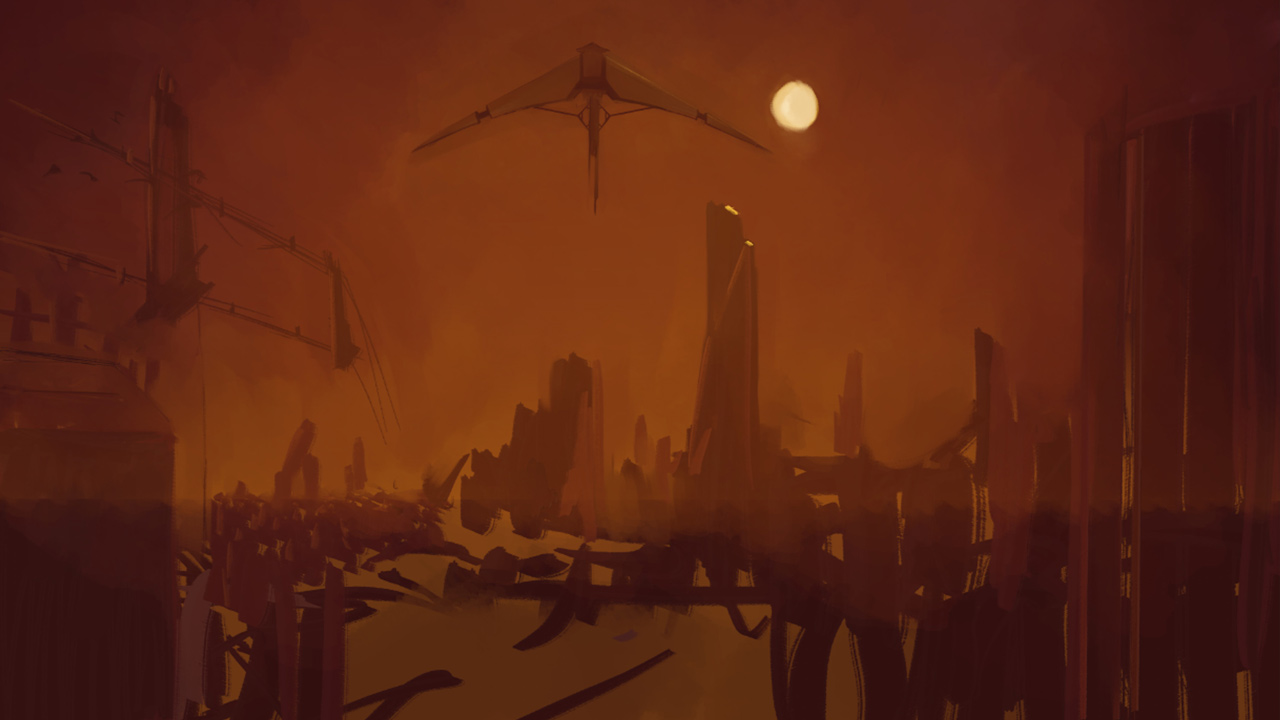
Allister: When it comes to challenges, finding the identity of the game is a very good one.
I know when I started working on the game, we had a completely different map. There was like a base building component to it which is no longer there, there was a lot of mechanics, like the drone which is no longer there.
A lot of it was trimming the fat and figuring out: "What is the most fun part of REVN?"
I think ultimately, we landed in this space of, well, it's that you can create your character in any way you want, with any combination of abilities, and having that sideboard of abilities to pull from and being able to just buy whatever stats you want, and play this very accessible and kind-of familiar shooter game, the sort of hero shooter where you're building the hero.
When we settled on that, we had to apply that to a lot of systems in the game that hadn't had that philosophy applied to them yet. So I'd say from the time I started working on the project until now, the game has changed overwhelmingly in its identity, in how it feels, what it wants to be, and what it wants to achieve.
Those are not necessarily the challenges of the company. But I feel those are the challenges of any game design or game development. Trying to figure out: "Why does this game need to exist? What is it trying to do?"
We've gone through so many of the mechanics of REVN now that you really get a sense that it's filled to the brim with possibilities. And yet also there are some structure and there's rules in place.
For a player who comes from a MOBA background, what do you feel is the main hook for why they should try a game that's a third person shooter as well?
I'll ask also for the third person shooter player: why should they be excited about having MOBA elements in the game?
Allister: Right, right. That's a good question.
I think that's why you see so many other third person MOBAs, like Paragon and whatnot, Crucible comes to mind (that Amazon disaster), they come out and they don't really know what they want to be.
What I'd say is, at the very least I want REVN to be a fun game. With that being the core principle, I think that you can definitely find people, at least from my experience in the MOBA genre, who are disenfranchised with their big games.
They don't necessarily like the direction it's gone as far as how competitive it is, or how much it fuels for esports integrity.
Those are all goals of ours that we'd like to see someday. Right? Because that's how you have to grow a company. That's how you have to grow a game if you want to grow as a game these days.
But for now, we have the luxury of being able to release a fun game. And as much as we work on the balance (and we do our best), I know for sure that when we release, there are going to be strategies and things that you can do with your friends and things that are undiscovered, new things that could make the game like a new book to read, like it's all this new information to discover.
And I think that's really at the core: discovery is at the core of a lot of what gamers enjoy. They really want to be able to do these different things and have these different moments. And I think REVN is going to be really good for that.
It totally sounds like it! You've got the extra dimension of the Z-axis, and then you've got this extra dimension again of, well, you can just construct your character any way you like.
And in a sense, I really like how you structure that answer. Because if a player is not happy with their current MOBA of choice and doesn't feel that the competitive integrity is quite there: you're leaning into a genre like third person shooters where there's a lot of competitive integrity across the games.
So you can say that "we're bolstering the offering, we're drawing on this thing that you know works".
Allister: That is very familiar too, which is very helpful of course.
I mean, with the explosion of certain third person shooters over the past five years or so, that genre is super accessible. It's like something everyone can understand, right?
I feel like a big thing that as much as discovery is fun like I said earlier, a big thing that detracts from the MOBA genre is the complexity, like the baseline of the learning curve is so high.
It's a lot to ask of a player time wise to get into, and the hope is that REVN could be both easier and still fun to explore.
Silas: To harp on the discoverability that Alastair mentioned, our game is not just going to be 'discoverable' as a new player going into it.
We're going to be adding more items, more abilities, similar to every other MOBA.
The difference that we have is that when another company comes out with a new champion for their MOBA, they are saying: "Hey, here's this new character, you can learn how to play them".
This is the thing to discover and learn, right? Sometimes you will find some new combinations and synergies between this new ability and the existing roster.
When we release a new ability to the game, that new ability has thousands of possible combinations in the game that we are leaving up to the players to discover.
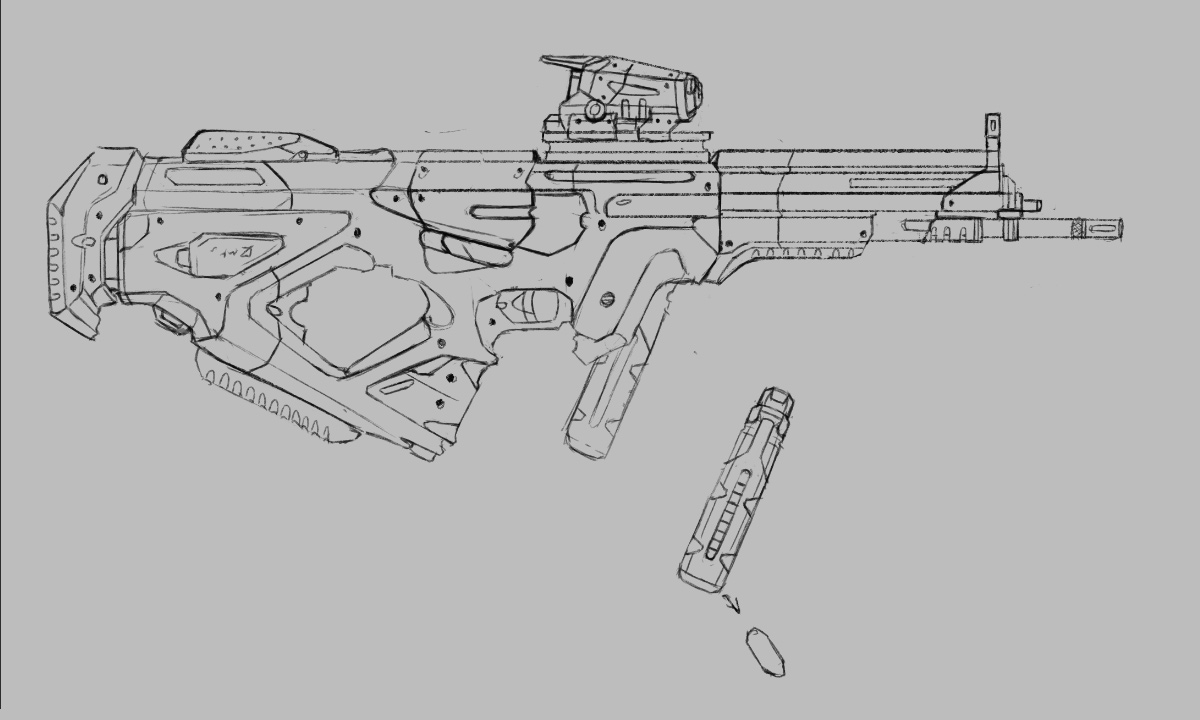
We may showcase it and say this works really well with this other thing. But I think there is a theory-crafting element to REVN that is absent from other MOBAs.
For me as a MOBA player, that's really, really exciting: to be able to discover the game alongside the community. Someone can make a YouTube video or Reddit post and say, "Hey, I saw this new ability that just got added to the game. I think it works well with this. What do you guys think? What is the other missing piece in my formula here for success?"
Suppose somebody has been absorbing all of this excitement and they're thinking: "It's time to give REVN a go!"
What's the number one thing for a new player to know as they're getting into the game?
Silas: MOBA players who feel comfortable playing shooters should have absolutely no problem jumping right into REVN. You'll understand all of the basics right away.
For shooter players coming into the game who haven't played MOBAs before, just take a minute to look over the items and the abilities.
I know there's a lot of them in the game. You can try any of them: really, just grab something that looks interesting to you. After a couple of games, you will find a way to make it work for you.
Be unafraid to experiment! Grab an ability that looks cool, grab an item that looks cool, and start to find the possibilities around those things that you enjoy.
Allister: For new players, I'd say just like, explore, explore, explore. Look through the shop, read everything.
I think what's going to get people is some of the shooter players are going to come over and maybe not have a MOBA background at all. They're going to have a look at a bunch of items and be confused.
That's one of my biggest concerns. Part of that is on us to provide information and help them at every step of the way where we can.
Silas: We are working on more onboarding systems for players and we're working on tutorials, we're working on improved tooltips, we're working on everything that we can to help our players learn the game more effectively.
We've talked a lot about discovery and all the possibilities in the game. For a final question, can you share with us any cool moments you've come across while playing the game?
Allister: We've been play-testing for a long time, but it was only relatively recently that we found out Stun Charge was working on explosions.
Silas: There's an ability in the game called Stun Charge. What it does is you prep, it channels for a second, and then your next basic attack that hits, will stun whoever it hits. And there are weapons in the game like grenade launchers or rocket launchers that do AoE splash damage.
So we found out that it's possible to use Stun Charge, and then a grenade launcher, and everybody who you damage with the grenade launcher will be stunned. You can get these massive AoE stuns that should have normally been just a single target stun with a sniper rifle or something.
We thought that was super cool. It's really fun. It's a synergy between a weapon and an ability that we hadn't tried before, and it was in the game for like a year before we found it.
There's just like all kinds of things like that, where you find these things. And you're like, Oh, my God does this work? And yes, it does. And occasionally it's overpowered and we have to balance something. But most of the time it is not, it's just a completely new fun way to play the game.
Softmints: Silas, Allister, this has been fantastic. Thank you so much for taking the time!
Silas: Yeah, this has been a pleasure. I really enjoyed the conversation.
If you'd like to learn more about REVN and see its gameplay, go check out the game, follow on Twitch, or jump into their discord!
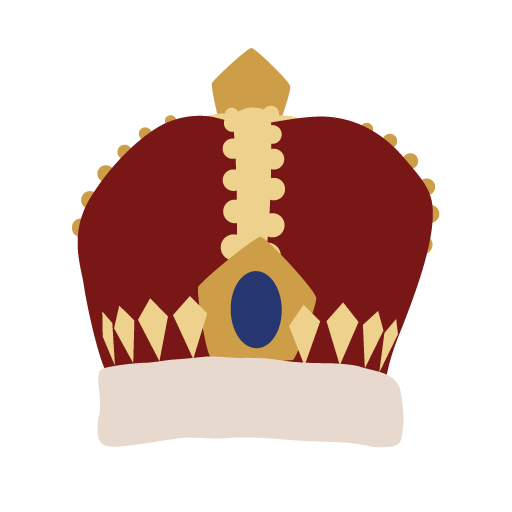

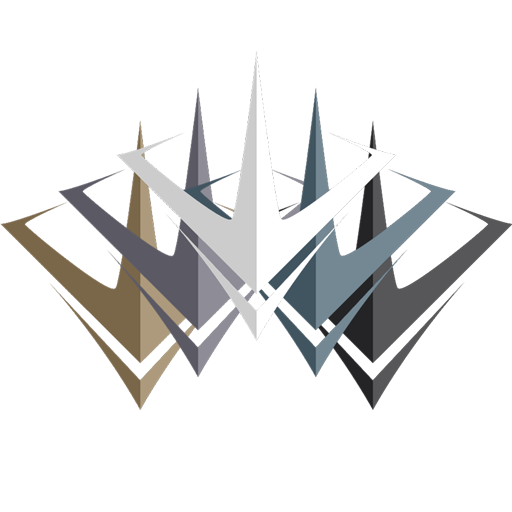
Add new comment